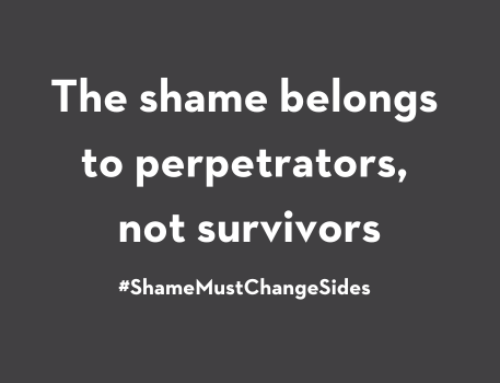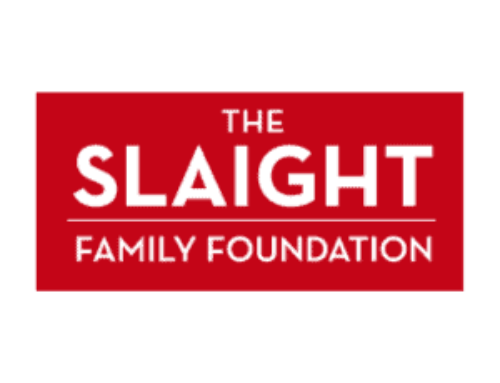
This evening I am again sitting in on a SERC youth session at Peaceful Village, this time at a south end Winnipeg high school. As I mentioned in a previous post, Peaceful Village offers programming that supports integration and literacy for newcomer families and youth, and our partnership with them is funded by the Canadian Women’s Foundation. To learn more please read my first blog on this partnership, Healthy Relationships Start Young.
This is week 9 of the 12 week session and Bre, one of our Sexuality & Reproductive Health Facilitators, invited me to attend because she is so impressed by the thoughtfulness and exuberance of this unique group. In fact, she tells me, last week one of the students started a discussion on the idealization of masculinity and how it affects male youth–this is clearly a young man after my own heart. Today we are talking about consent.
We arrive as usual to a chaotic room of after-school energy, and Bre begins to settle everyone in. There are clear rules about starting on time and being in the room by 5 pm to get pizza; these bargaining chip can be important when trying to round up to 23 grade 11 and 12 students who have already had long days in class.
Bre always starts with a video to get everyone settled. Today’s video starts the consent conversation where not many may expect: cat-calling. Bre asks the students what they think about this behavior, building on previous discussions she has led around social status and power, and how our desire for these sometimes promotes behaviour that may harm others. They talk about the importance of checking ourselves before acting, to consider our motives and the potential impact on other. The words the students use to describe catcalling are bang on: disrespectful, objectifying, unwanted. There it is. These are unwanted advances; the person receiving them has no opportunity to offer consent.
What does consent mean?
“Just because I love wearing this sweater does that mean Nicole will want it too? What if I run up and throw it on her? What if she borrowed it from me yesterday – does that mean I can assume she wants to wear it today?” I love this analogy. It reminds me of my very favorite consent video: Tea Consent (language warning). I will never again look at tea (or cat sweaters) the same. To be clear – I do not want this sweater…
The students have lots of questions about this, as Bre overviews the legal framework of consent, age of consent, and ability to have informed consent. These include questions about:
- Consent when someone does not tell the truth about other partners (not informed)
- Alcohol and consent- what if the person who is drunk initiates? (still no)
- What if both people are drunk? (definitely no)
Conversations also include consent to picture sharing and the huge impact that the current electronic world can have on a person’s life. There is a significant amount of discussion around the perceived differences of rules for girls and guys- the sluts vs studs mentality when exhibiting the same behaviour.
It is evident the students are learning important new information that is challenging them to think in all new ways- in fact- my favorite quote of the night comes from a young woman who shares, “If I wasn’t part of SERC I wouldn’t know these laws exist”. I love this statement for two reasons.
She describes feeling a part of SERC by participating in our programming. It is exactly why what we do is so important.
The growth and ease of digital media is changing our world rapidly and challenging our thinking about things like child pornography and the nature of consent every day. Never before was it so easy to share a picture or a simple message, and for the same reason never before have we lived in a time when the potential impact could be so personally devastating, potentially far into the future. Bre teaches the youth to fish before sending anything via electronic media:
- Future – does this have potential to impact my future if shared?
- Information – Is this too much information about me? Should it be shared?
- Safety – Is sharing this information in anyway creating an unsafe situation for me?
- Harm – Is sharing this information creating a potentially unsafe or damaging situation for someone else?
It seems to me that teaching these youth to fish fits nicely with the old parable. It may feed them forever.
On another note, Bre was also asked this week to attend MTYP’s new play In This World which deals with many issues impacting our youth, not the least of which is consent and autonomy of our own selves. Bre had the opportunity to share comments on this powerful drama with organizers and media – watch Bre’s impression and a clip form the play on CTV live under In This World.
Learn More
- Take the pledge to join GEN1 and help build the first generation free of violence against women and girls.
- Sign up for our e-newsletter to have our latest stories and resources sent to your inbox.
- Follow us on Facebook and Twitter to join a national conversation on ending violence.








